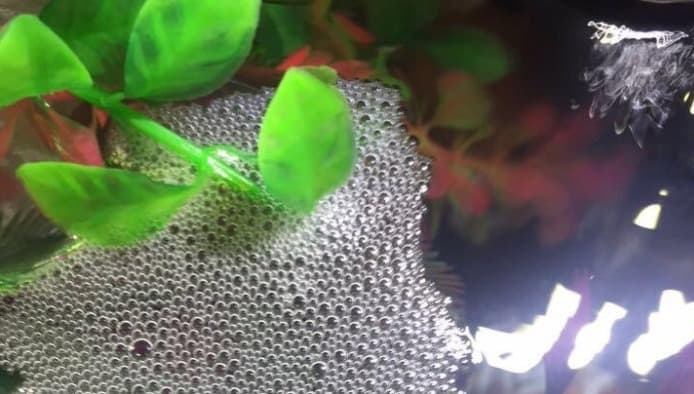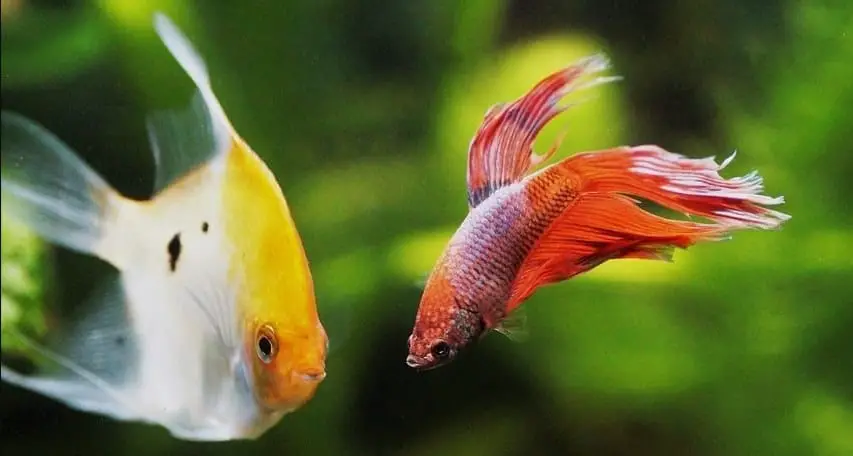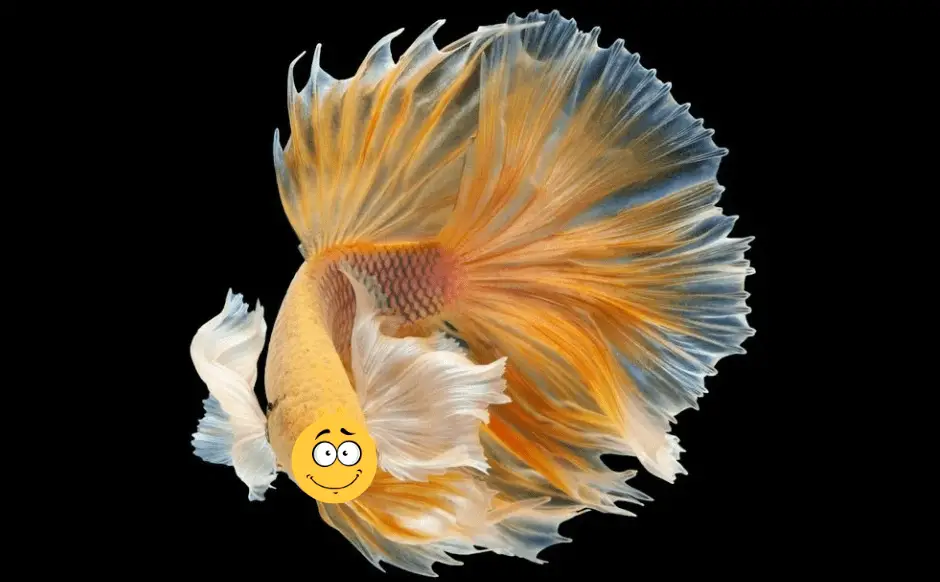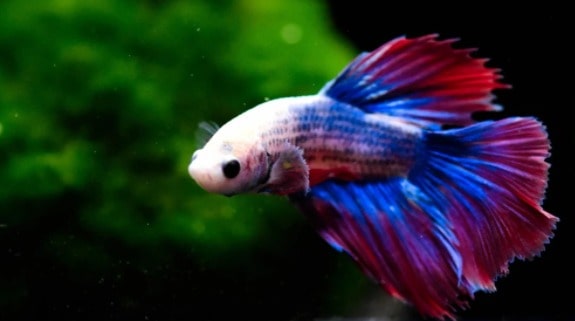The first question that many people ask themselves when they get a new pet is this: Is my pet happy? While it may seem like a silly question, the truth is that it’s not. The happiness of your pet can greatly affect its health and wellbeing. They deserve to be happy just as much as you do! In this post, we will talk about how to recognize if your betta fish is truly happy in their environment.
Is My Betta Happy?
There are a few signs to look out for when you want to make sure that your betta fish is happy. Some of these signs include:
1. General Behavior
If your betta fish is swimming around and seems to be excited about life, then they are probably happy. You may just get a sense that they are enjoying themselves. Conversely, if your betta fish is staying at the bottom of their tank, staying near the filter or hiding away in a corner, they may not be content with their surroundings.
2. Feeding Behavior
Betta fish are big eaters, and will often gorge themselves on food. If your betta is eating with gusto, then it may be happy in its environment. On the other hand, if your betta refuses to eat or only nibbles at their food a bit before swimming away from it, they could have health issues that you need to address.
3. Betta Bubble Nests
Betta bubble nests are a sign of true happiness in betta fish. These structures are made out of bubbles and often look like small, floating igloos. If your betta is building these nests, it means that he is ready to start mating.
An unhappy male betta wouldn’t bother building a bubble nest since he wouldn’t be interested in mating.

4. Not Hiding
If your betta fish is hiding in the back of its tank and won’t come out, it may not be happy. If you notice that your pet has stopped swimming around or doesn’t seem to want to play anymore, they may have health issues that need immediate attention.
On the other hand, a healthy and happy betta will swim all over its tank and enjoy every inch of water in the tank.
5. Effortless Swimming
If your betta is swimming around with ease and doesn’t seem to be having any trouble moving, it means that they are content in their surroundings. An unhappy or stressed-out betta will often swim erratically and quickly.
Also, a betta that is struggling to swim may have swim bladder problems, which is a common ailment in bettas. You will need to treat this condition quickly if you want your fish to survive.
6. Getting Along With Tank Mates
If your betta is happy in its tank, it will often swim around and interact with its tank mates. If your betta is aggressive or territorial towards other fish, it means that they are not content in their environment.
You can use a divided tank or a screen to stop your betta from harassing their tank mates. This will prevent unnecessary stress and conflict in your betta’s home.

7. Vibrant Color
A healthy and happy betta will have bright, vibrant colors. If your betta’s colors are dull or faded, they may not be feeling well. Stress stripes are another sign that your betta is not happy.
If you notice any of these signs in your betta, it’s time to make some changes! Take a look at the tank decorations and see if they need replacing or cleaning. Is there anything else in the tank causing stress? If so, try removing those items immediately.
How To Make Your Betta Fish Happy
If you want your betta fish to be truly happy, it’s important that they have all of the basics covered in their environment. This includes clean water and plenty of space for them to swim around freely. They also need adequate feedings, as well as quality care from you.
If your betta fish is in a tank that’s too small for them to move around freely, consider upgrading their living quarters immediately. Personally, I think 10 gallons is the smallest tank size for a betta fish. The bigger the tank, the happier your betta will be.
Make sure to feed them a high-quality diet that includes both protein and healthy fats. Offer pellets or freeze-dried food several times each day as well as live fish once every few days to keep their bodies in good shape and prevent illness from developing. Your betta fish should always have plenty of freshwater to swim in and should be checked on regularly to ensure their health and happiness.
Why Happiness Is Important?
A happy betta is a healthy betta fish! If your pet is content in its environment, it will be less likely to get sick or develop behavioral problems. By providing a suitable home and proper care, you can help ensure that your betta remains healthy and happy for years to come.
A sad betta is more likely to die at a young age, so it’s important to do everything you can to keep them happy and healthy.
Conclusion
In conclusion, there are a few signs that you can look out for to determine if your betta fish is happy in its environment. If your pet is exhibiting any of these behaviors, it’s time to take a closer look at their tank and make some changes.
With a little effort, you can create a perfect home for your betta fish that will keep them happy and healthy for many years to come.
I hope this article was helpful! If you have any questions, please feel free to leave a comment below. Thanks for reading!






